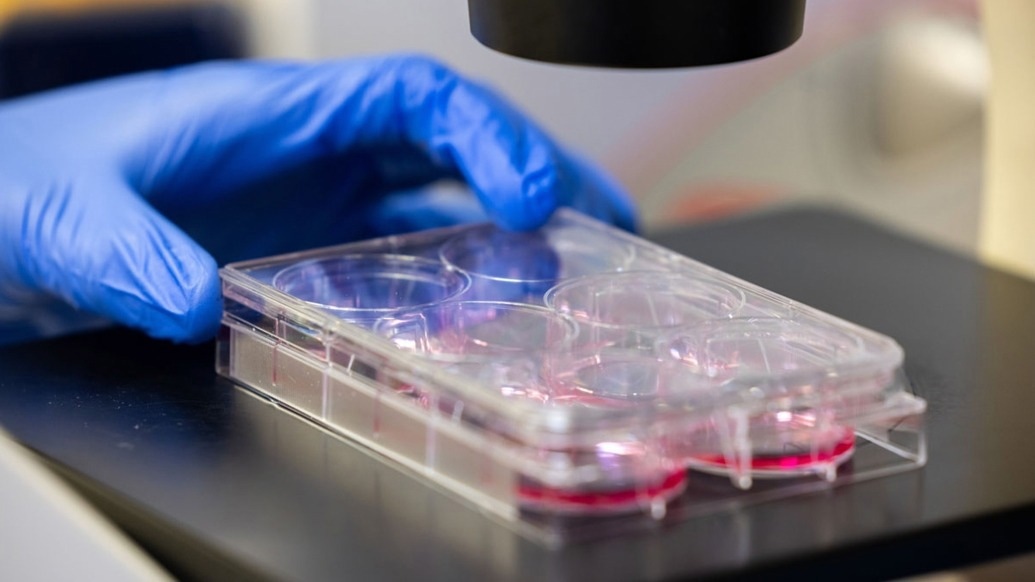The metabolic pathways that produce a specific type of T cell are distinct from previously assumed, according to findings from the University of Michigan Rogel Cancer Center.

Image Credit: Bryan McCullough.
The key to this discovery is a new methodology devised by Hanna Hong, a graduate student in immunology and the study’s first author. The observations were published in the journal Science Immunology.
T cells play an important role in adaptive immunity, which protects against infections and cancer. Metabolic pathways generate the energy and building blocks needed to do their jobs.
A T cell’s specific identity and function are ruled by metabolic pathways, so each type of T cell’s inner workings are distinct.”
Hanna Hong, Study First Author and Graduate Student, Immunology, Rogel Cancer Center, University of Michigan
Hong created a type of “cell food” to grow T cells in culture that look and act like T cells in an organism.
Earlier lab studies confirmed that the way cells produce energy through metabolism within a living organism differs greatly from how the field earlier modeled metabolism in the laboratory, resulting in problems translating earlier findings.
Hong was able to monitor in the lab how various metabolic programs regulate T-cell persistence in an organism using this new strategy. Too much T cell persistence equals autoimmunity, which occurs when the body misinterprets and attacks healthy cells as if they were sick cells, while too little persistence equals a weakened immune system.
Researchers concentrated on TH17 T cells, which play a role in the body’s immune response to pathogens.
Because TH17 cells can have different metabolic pathways, they have the capacity to take on properties of other types of T cells that are associated with autoimmunity and immune suppression. We’re dedicating more effort to understanding the underlying mechanisms that cause TH17 cells to transition from those that protect against infections to those that promote autoimmunity. Ultimately, the hope is that targeting these pathways can reverse disease.”
Hanna Hong, Study First Author and Graduate Student, Immunology, Rogel Cancer Center, University of Michigan
“T cells play a critical role in protecting us from various diseases, like infections and cancer. However, if over-active, these same properties can lead to autoimmunity and harm us. A more detailed understanding of what T cells eat and how this fuels their metabolism provides important inroads to harness the power of the immune system without tipping the balance toward autoimmunity,” notes Costas Lyssiotis, PhD, Maisel Research Professor of Oncology at the Rogel Cancer Center and principal investigator of this study.
Source:
Journal reference:
Hong, H. S., et al. (2022) OXPHOS promotes apoptotic resistance and cellular persistence in TH17 cells in the periphery and tumor microenvironment. Science Immunology. doi.org/10.1126/sciimmunol.abm8182.